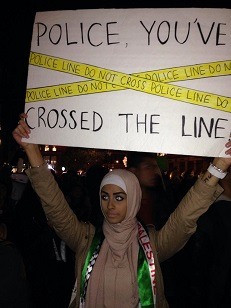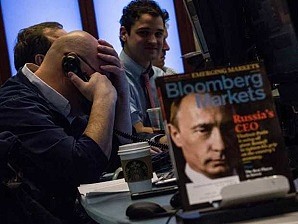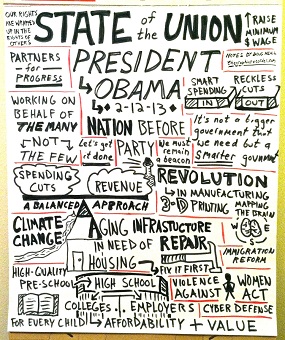Police killings in America: The class issues
Once again, a police officer has been let off without charges after killing an unarmed man on the streets of an American city.
The decision by a Staten Island grand jury not to indict New York City police officer Daniel Pantaleo for choking Eric Garner to death in July is another judicial travesty, coming only two weeks after a similar failure to indict the Ferguson, Missouri cop who shot Michael Brown.
In some ways, the exoneration of Pantaleo is even more egregious than the non-indictment of Darren Wilson. Garner was accosted for selling loose cigarettes. He was tackled to the ground for no reason, strangled with a chokehold long banned by the police department and pinned to the ground as he cried out repeatedly that he could not breathe. After he passed out, cops stood around for seven minutes before administering first aid.
The entire incident was captured on video, seen by millions of people around the world. The city’s medical examiner ruled the death a homicide. Yet there is to be no trial, no opportunity for the facts of the case to be considered by a jury and punishment meted out according to the law. Instead, as in Ferguson, a grand jury, in secret proceedings, guided by a prosecutor with close ties to the police, has decided not to indict.
The grand jury decision in the Garner case has produced a wave of outrage throughout the country. Thousands have poured into the streets in angry spontaneous protests that have blocked highways and filled streets in New York City, Chicago and other US cities.
Millions of people are asking themselves: If a police officer can strangle an unarmed man to death, with the entire incident recorded on tape, and still get off without even being charged for a crime, what is not permitted? The anger is entirely justified. It must be guided, however, by a clear and informed political understanding.

































